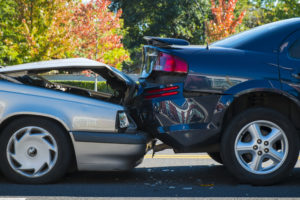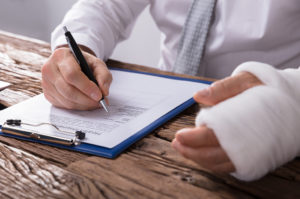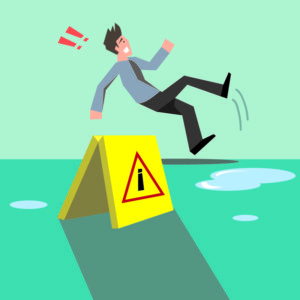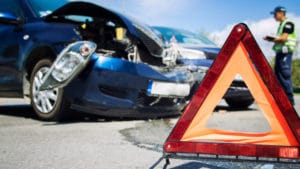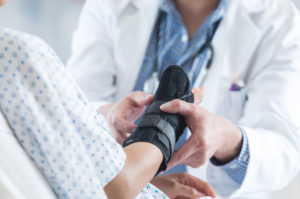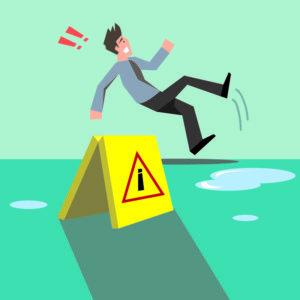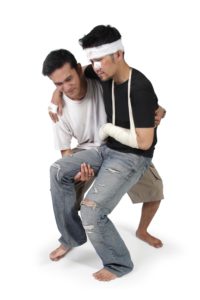Being involved in a slip and fall accident is common, but can be very scary because it can lead to some serious injuries. These injuries that can come from a slip and fall accident can hold you back from work and maybe even cause you to need medical treatment. If you are renting an apartment or a house, you will have a landlord that owns the property. Landlords are required to keep the property free from dangers that could cause a slip and fall, so you don’t get injured. If you do get injured from a slip and fall accident, you may be able to file a landlord liability claim if it is caused by your landlord’s negligence. However, circumstances vary, and your landlord may or may not be liable for your injury. You should discuss your particular situation with an attorney experienced in slip and fall accidents.
Landlord Negligence
Landlords are not always liable for every accident and injury that occurs on their property. If you are injured, the first thing you need to do is prove that your injury was caused by a negligent accident by your landlord. Two examples would be proving your landlord created an unsafe condition that led to the slip and fall, or knew about the hazard and did nothing to correct it. For example, if there has been a leak under your sink for a while and it caused the floor to be wet, causing you to slip and fall, your landlord may be liable. The question if your landlord would be held liable would depend on if they knew about the leak or not. If you were not home and the leak began to happen, causing you to slip when you got home, your landlord would not be held liable because there is no way they would have known about the leak. If you mentioned the leak to your landlord before and they neglected it, they could be held liable for your injuries. In the lease, the landlord will have stated your responsibilities as a tenant, and that will be used in court to determine if they are held liable or not.
Exterior Slip and Fall
There are certain conditions where your landlord could be held liable on a slip and fall in the backyard or in the front of the property. For example, if you were in front of your house on the sidewalk and slipped and fell due to a bunch of snow and ice there, your landlord may be liable. The landlord’s liability will all depend on what is stated in the lease, and if he is responsible for shoveling snow outside of the property. If in the lease it states you are responsible for any outdoor cleaning, such as shoveling the snow, then you are responsible for the slip and fall and they will not be held liable. Another example could be the exterior stairs of your house or apartment. If the stairs are defective in some way, including being broken or violating relevant building codes, that would be a firm case for the tenant that the landlord is likely at fault. If the tenant slipped and fell on the stairs due to a foreign substance that spilled on the stairs, the tenant will most likely be responsible for it because the landlord would have no way of knowing that there was a foreign substance spilled on the stairs.
Evidence
If you do get injured due to a slip and fall accident, you must take photos of where it happened, your injuries, and any other important details that would be brought up in court. It is very unlikely that you would win a slip and fall case if you showed no evidence of any injuries or the condition of where it happened. Having a visual record means a lot in court and can be the deciding factor in determining whether or not the landlord will be held liable for a slip and fall accident.
Proving liability in a slip and fall accident can be very difficult, which is why having a trusted legal team represent you is highly recommended to ensure you receive compensation. Here at Richard Harris Personal Injury Law Firm, our experienced attorneys will teach you about the rights you have as a tenant, and what the next step is moving forward. A slip and fall can lead to serious injuries, and we want to help you from being held liable if it was due to the negligence of your landlord.




















